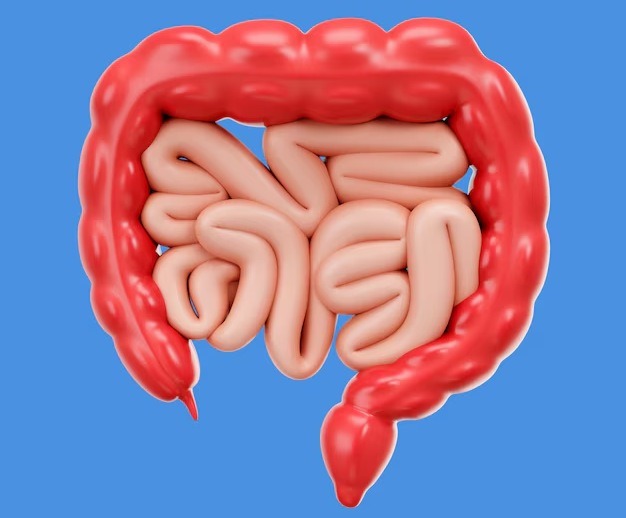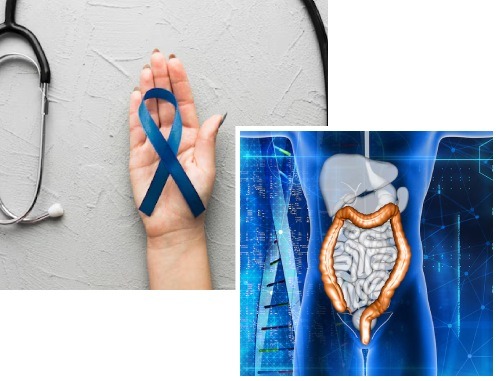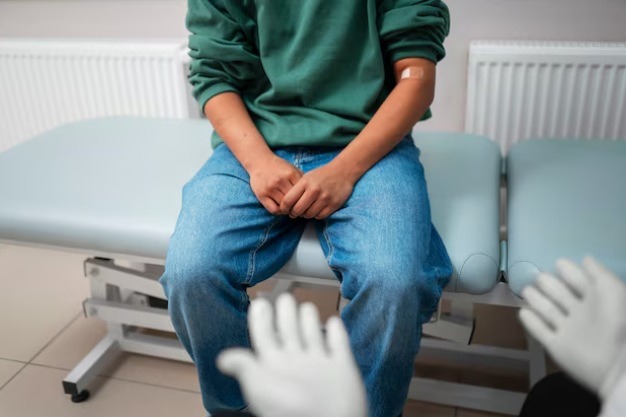Anal Cancer

Anal Cancer Doctor in Kolkata

Symptoms of Anal Cancer
- Rectal bleeding, especially during bowel movements
- A lump or mass (An anal cancer lump can appear at the anal opening)
- Pain
- Observing a change in your bowel movements, such as the frequency or consistency of your stools (poop)
- Leaking stool
- Feeling like you constantly need to poop
In case you happen to experience any of these symptoms, consult the anal oncologist in Kolkata.
Causes of Anal Cancer
Exposure to human papillomavirus (HPV)
Multiple sexual partners
Receptive anal sex
Engaging in anal sex increases the likelihood of developing anal cancer.
Smoking
History of cancer
Weakened immune system

Stages of Anal Cancer
Anal cancer is classified into stages based on the size of the tumour, its spread to nearby tissues, and whether it has metastasized to other parts of the body. The stages are as follows:
Stage 0 (Carcinoma in Situ)
Stage I
The cancer is confined to the anus and is 2 centimetres (cm) or smaller in size. It has not spread to nearby lymph nodes or other areas.
Stage II
-
Stage IIA:
The tumour is larger than 2 cm but less than 5 cm, with no spread to lymph nodes or distant sites.
-
Stage IIB:
The tumour is larger than 5 cm but still hasn’t spread to lymph nodes or distant sites.
Stage III
-
Stage IIIA:
The tumour is smaller than 5 cm and has spread to nearby lymph nodes but not to distant organs.
-
Stage IIIB:
The tumour is larger than 5 cm and has spread to nearby lymph nodes or to organs near the anus, like the bladder, prostate, or vagina.
-
Stage IIIC:
The tumour may be of any size and has spread to nearby lymph nodes and organs around the anus.
Stage IV
The cancer has spread to distant parts of the body, such as the liver or lungs (metastasis), regardless of the size of the tumour or lymph node involvement.

Diagnosis of Anal Cancer
Anal Pap test
Anal HPV test
Digital rectal exam
Treatments of Anal Cancer
Chemotherapy
Radiation Therapy
-
External beam radiation therapy (EBRT):
This method uses radiation from outside the body to target the cancer. Types of EBRT include:
-
Intensity-modulated radiation therapy (IMRT):
Delivers multiple beams of varying strengths to target the tumour precisely.
-
Stereotactic body radiation therapy (SBRT):
Focuses on small tumours with minimal impact on nearby healthy tissue.
-
Three-dimensional conformal radiation therapy (3D-CRT):
Creates a detailed, 3D image of the tumour to guide the radiation.
-
Brachytherapy:
An internal form of radiation therapy where radioactive material is placed close to or inside the tumour.
-



